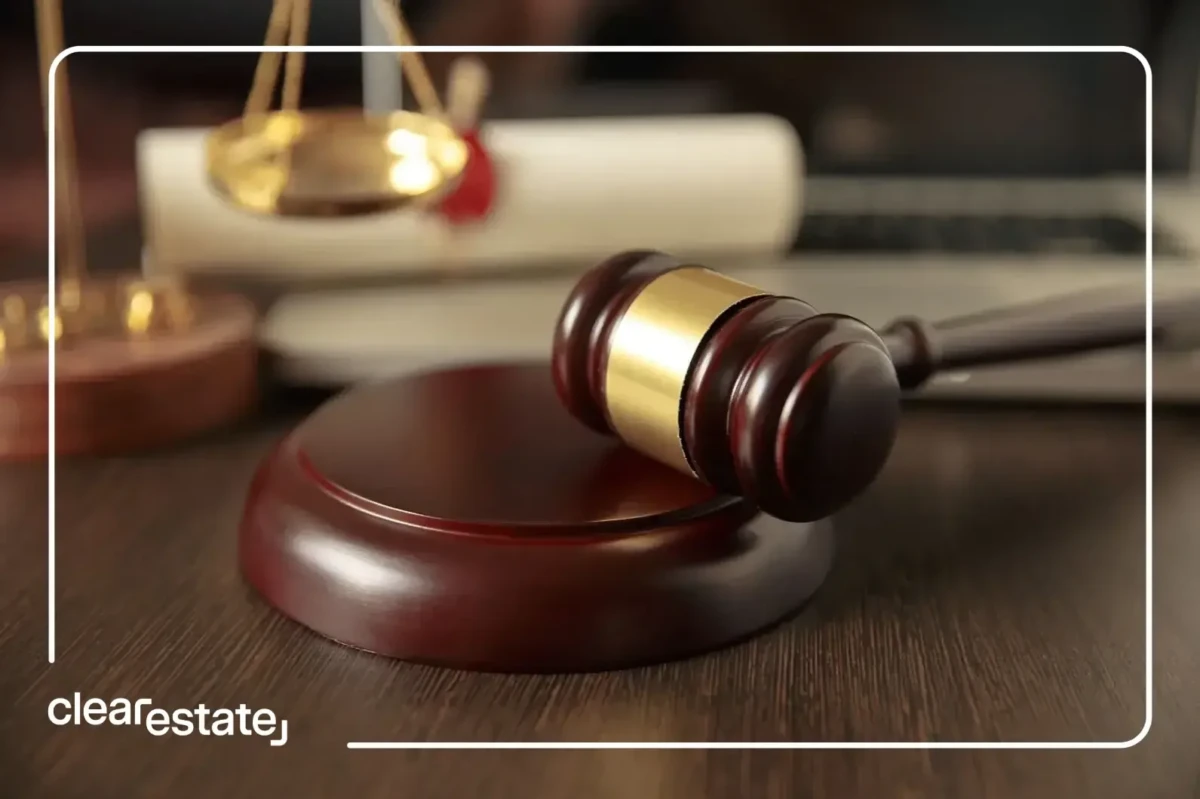Estate Settlement
Feb 09, 2026
What a California Executor Is Personally Responsible For — and What They’re Not
Being named executor in California often lands like a quiet obligation — a name on a piece of paper you didn’t expect to see so soon. Suddenly, the title carries weight.





